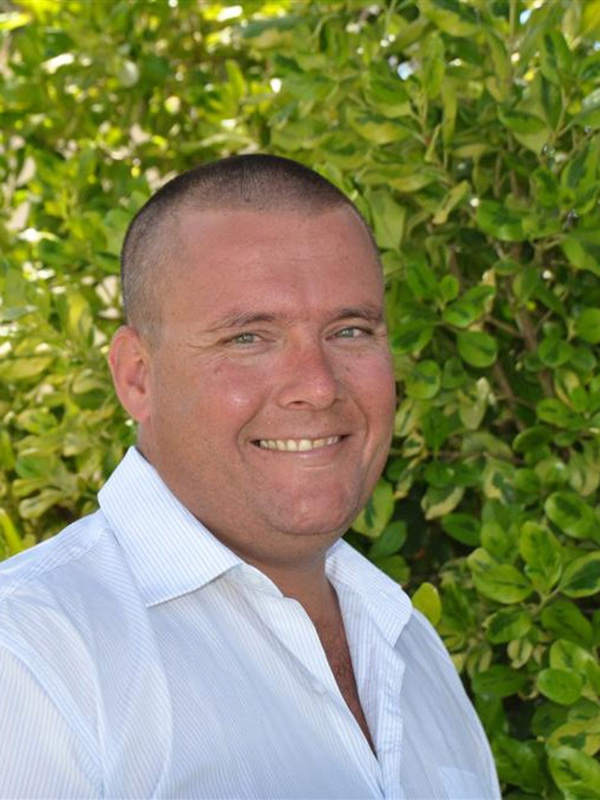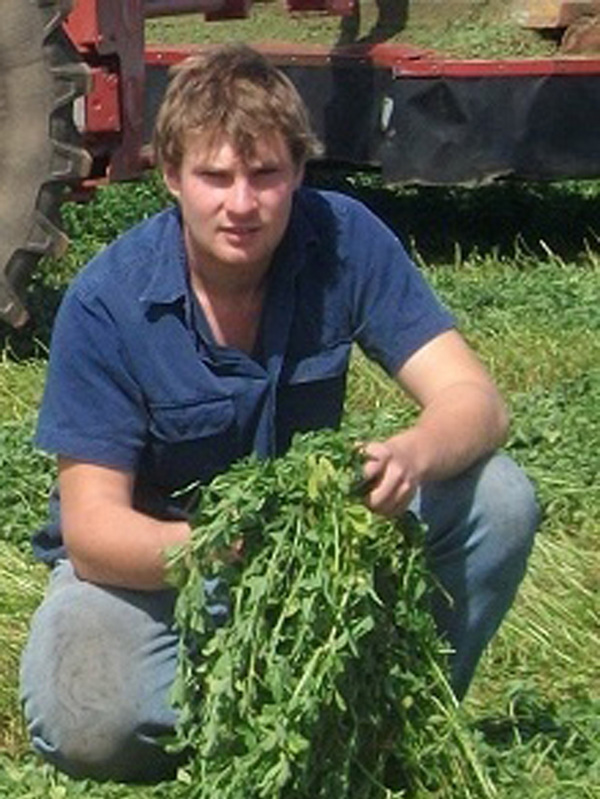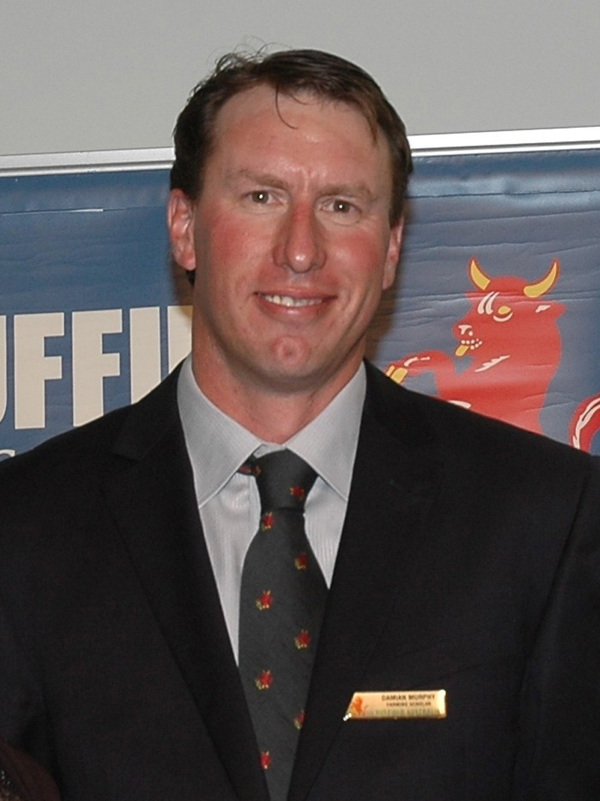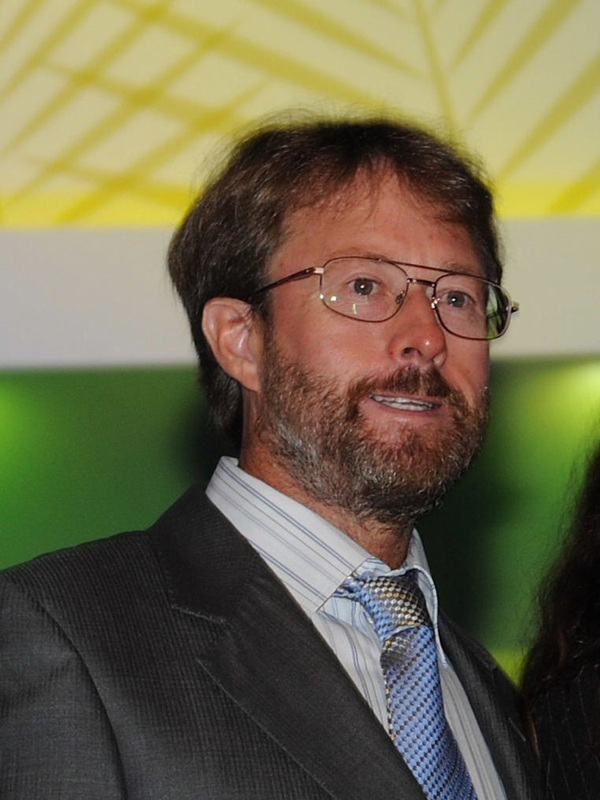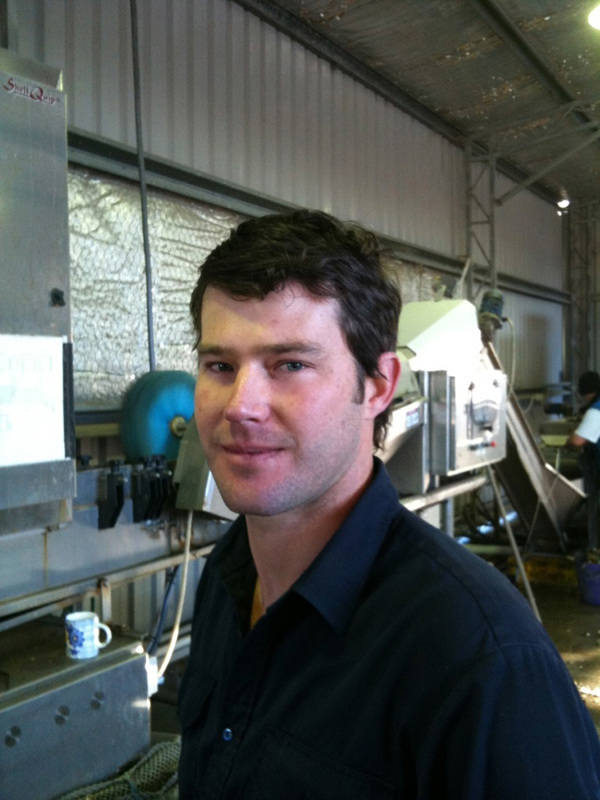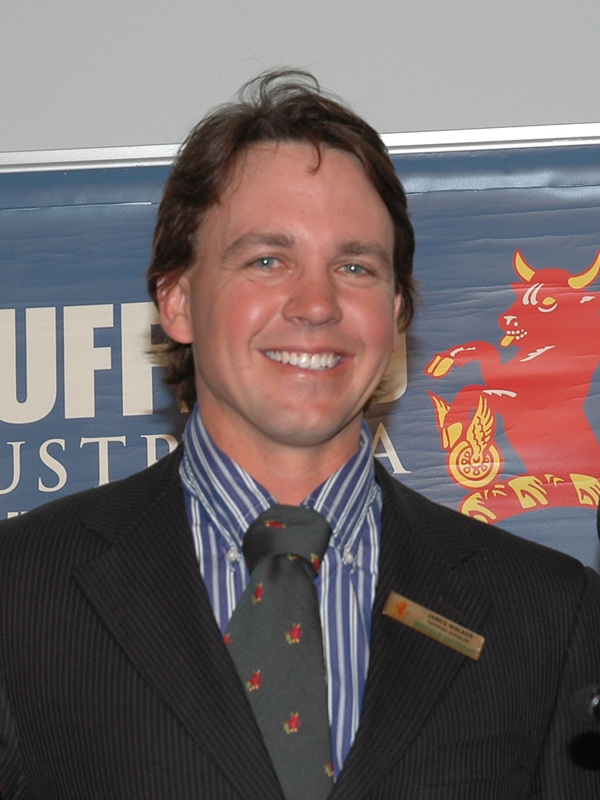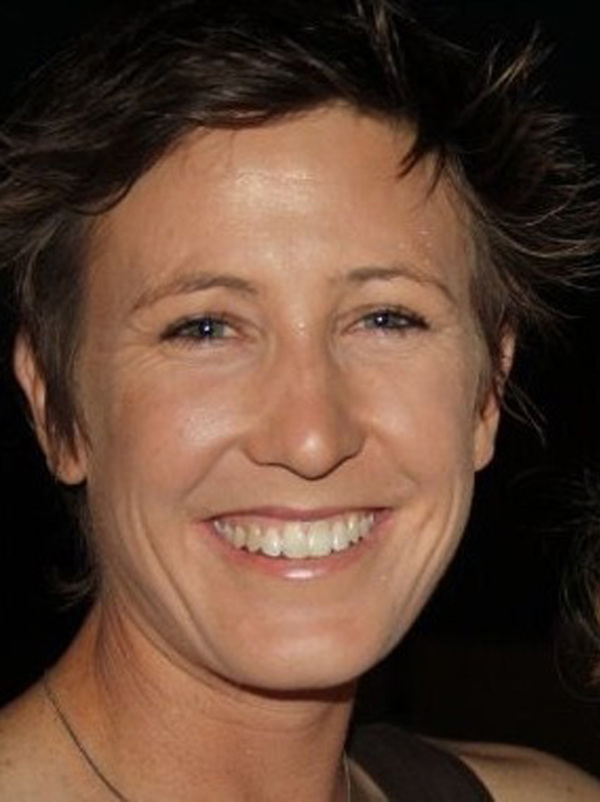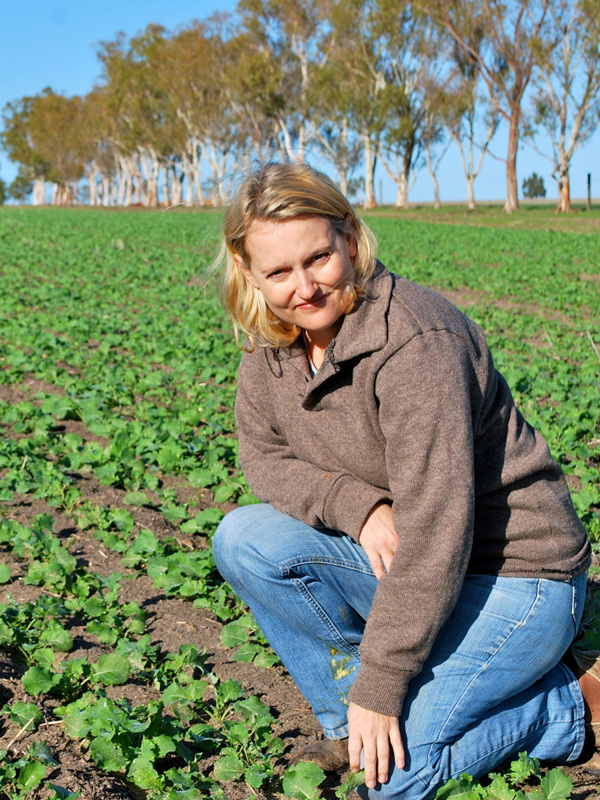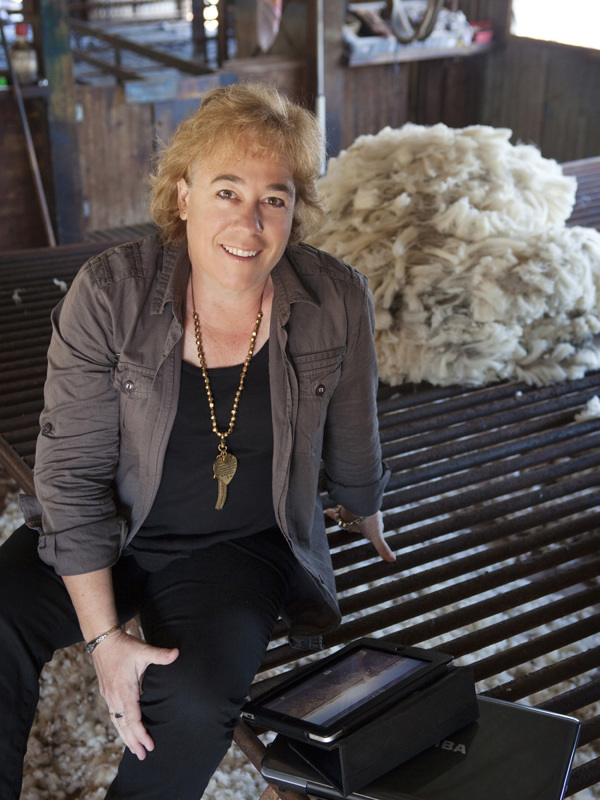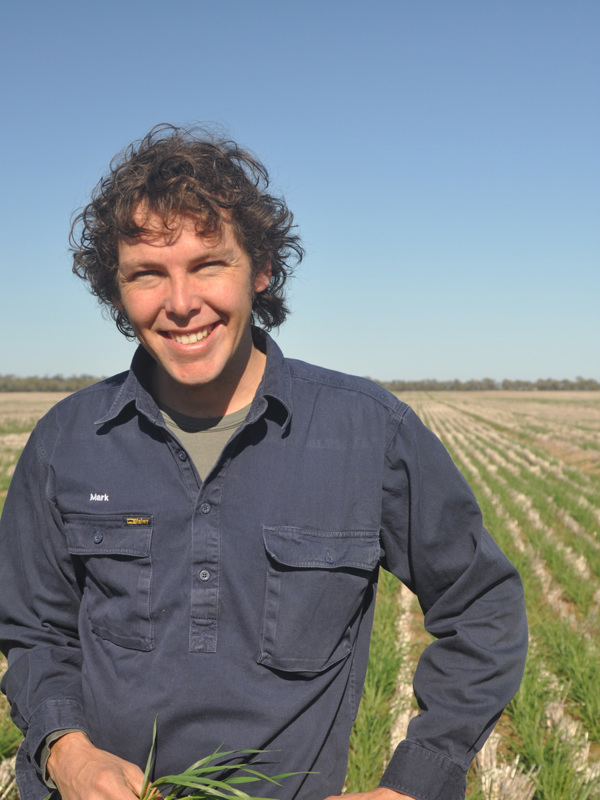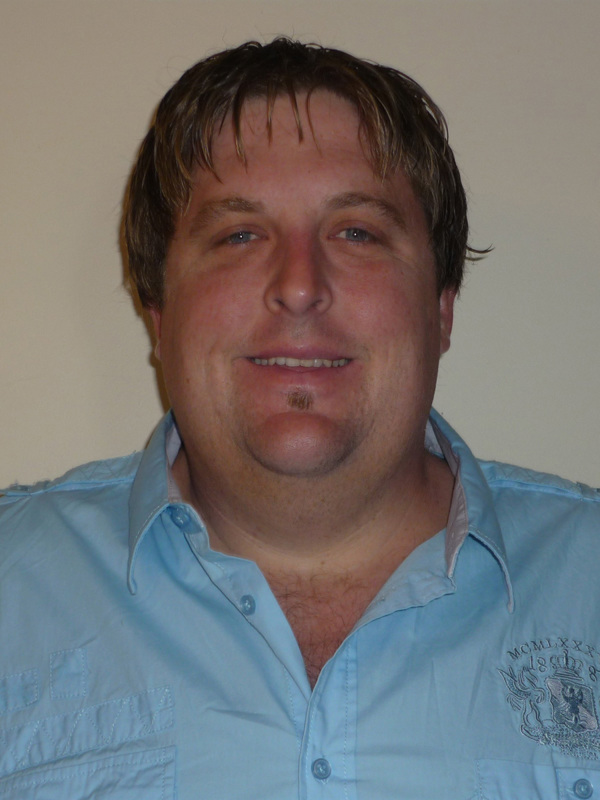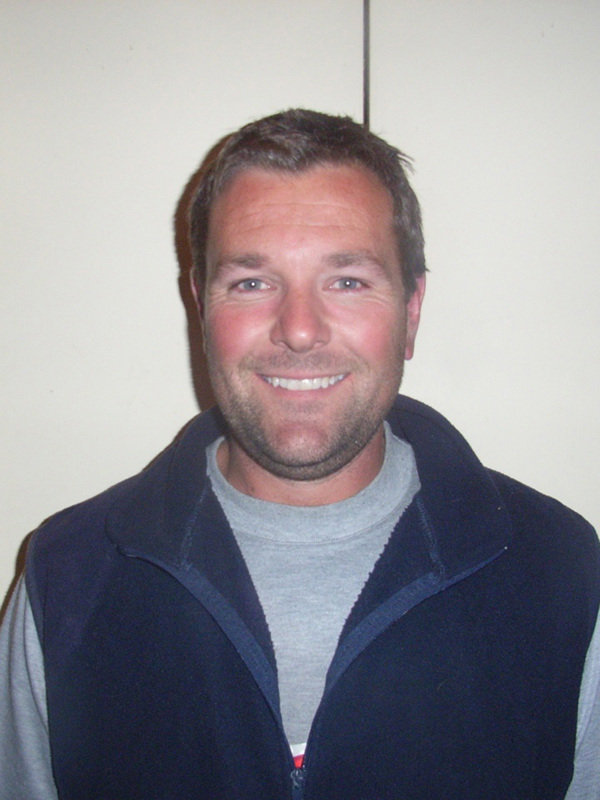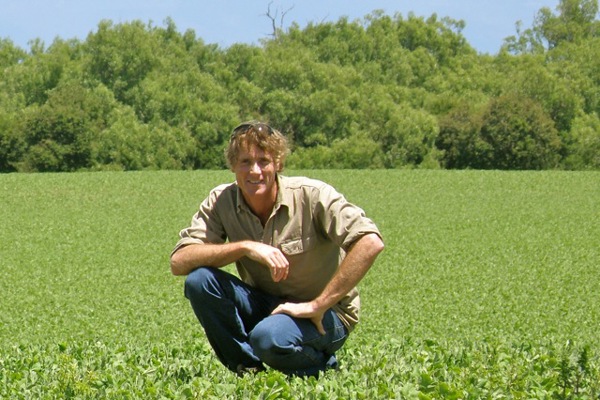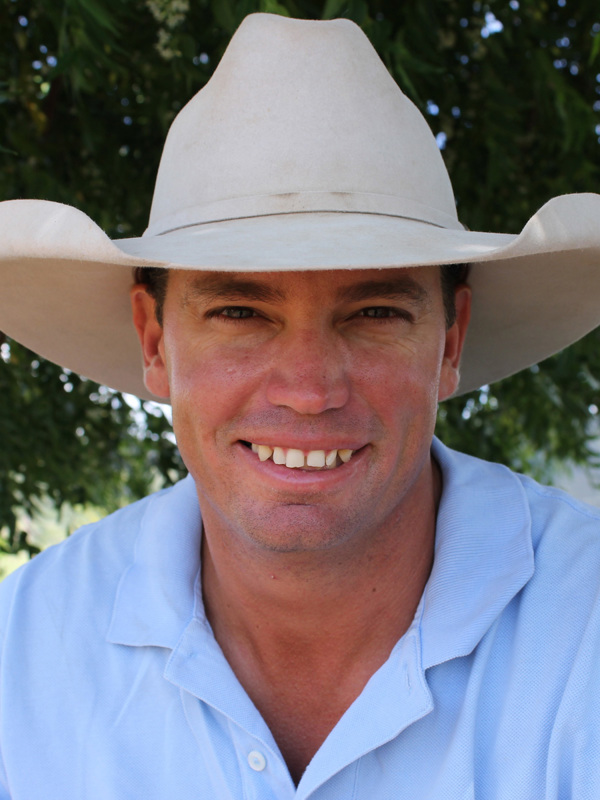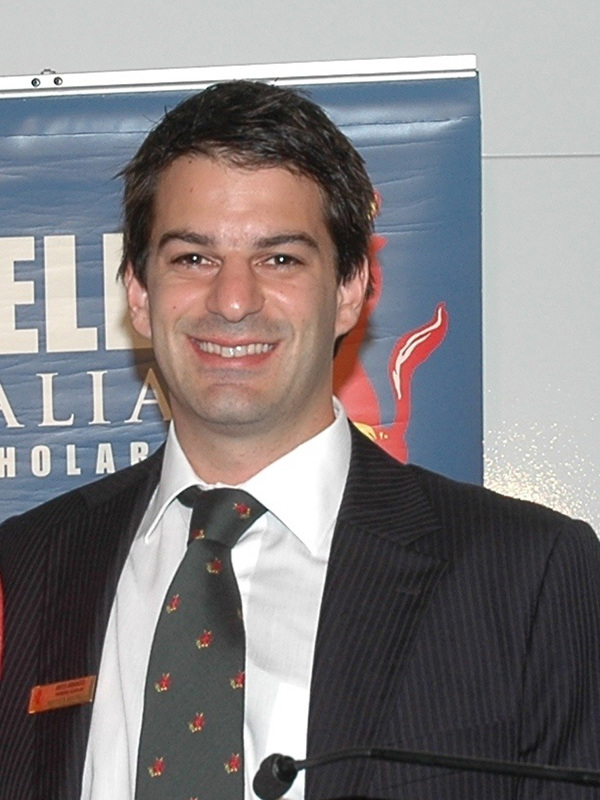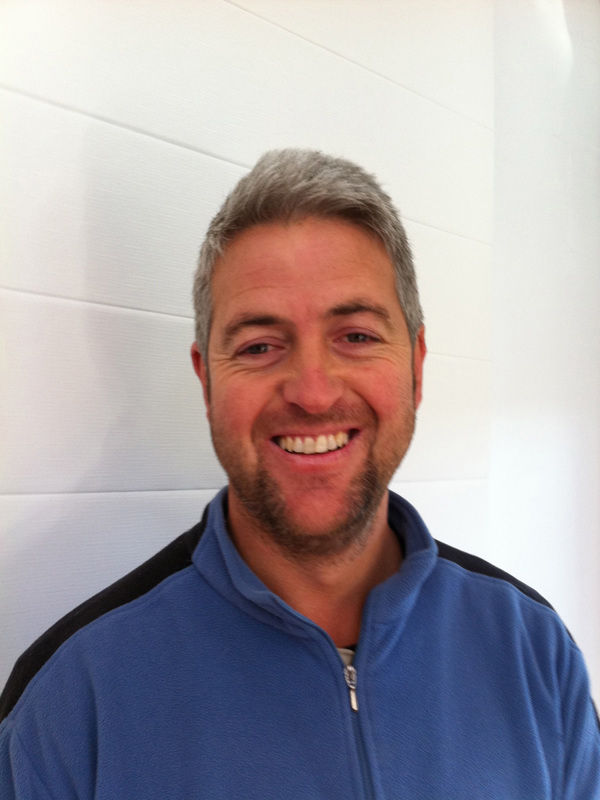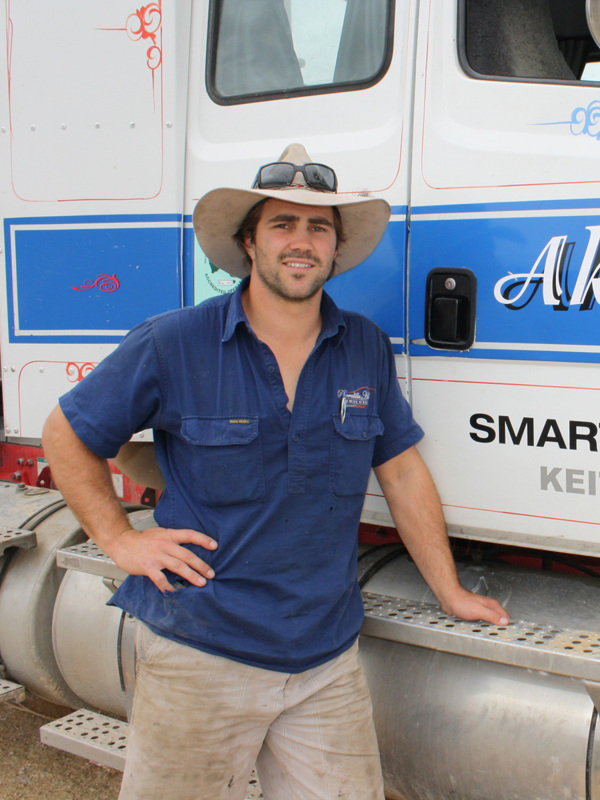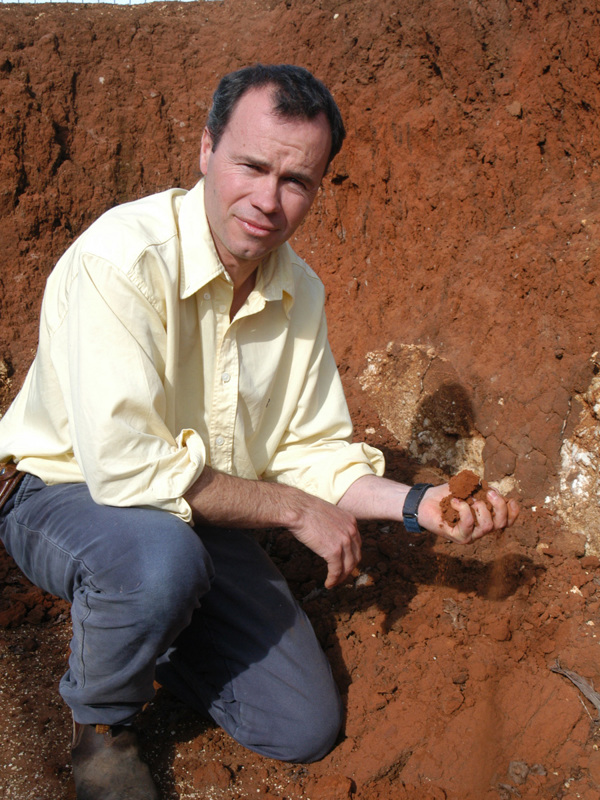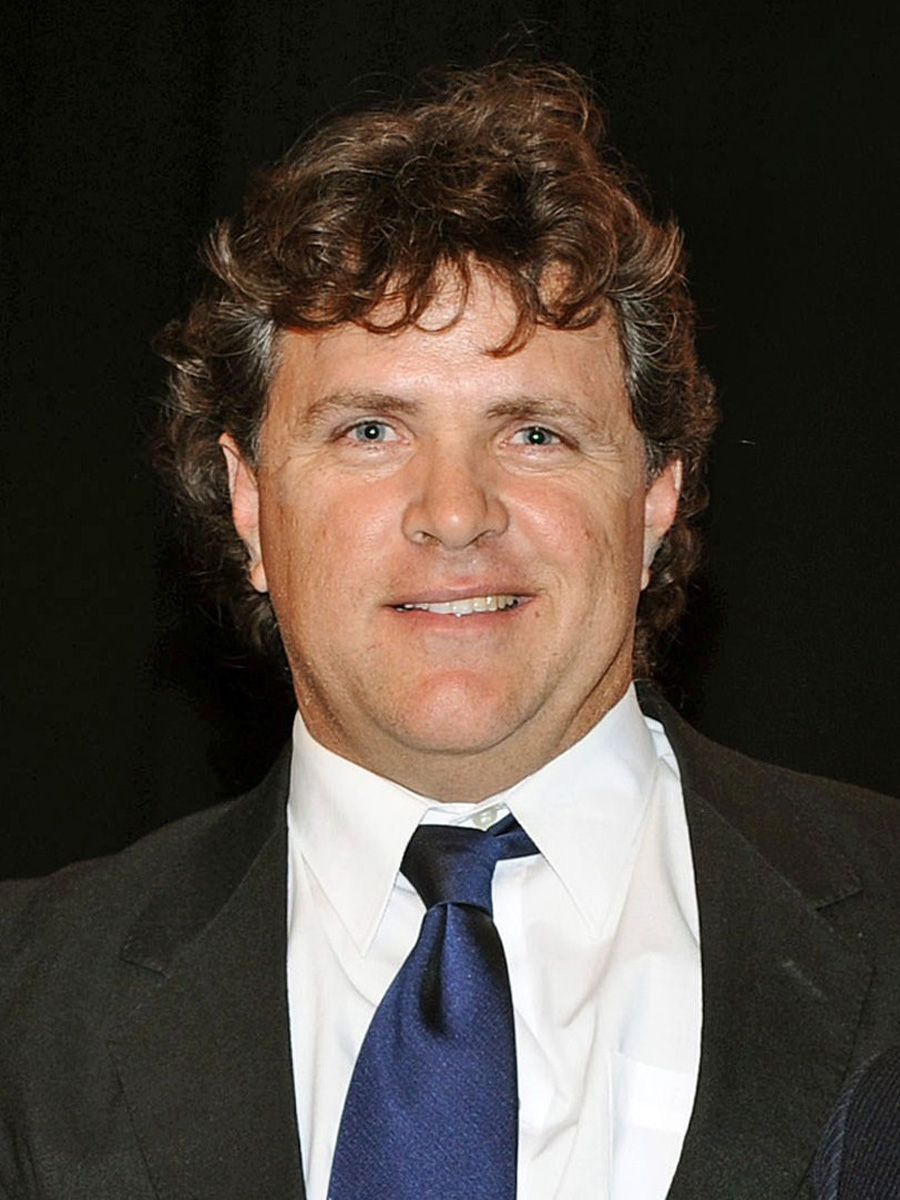
Bryan Granshaw

A search for more diversity in his cropping program on his north Queensland sugarcane farm led Bryan Granshaw to a scholarship in 2012, and a world of opportunity. The Dalbeg farmer used his scholarship to research intercropping, or a combination of two crops growing simultaneously in the same field.
“Sugarcane is a perennial crop, it’s in the ground for up to five years, so there’s an issue there with a monoculture. It’s something we’ve looked at in the past, so I wanted to try and study this and find out what I could about what other people around the world are doing with diversity in their cropping programs,” Bryan explained.
After travelling with his Nuffield colleagues through New Zealand, UK, the Netherlands, California, Mexico and Brazil, Bryan then returned to North America to drill down into his topic, with some unexpected responses!
“I found that no one knew what sugarcane was so it was a real issue trying to find anything specifically done with sugarcane on a commercial basis, so the next best thing for me was to find out what other people were doing with other crops on a commercial basis. It was really important for me to look at commercial enterprises, so I found some guys in Canada that were growing field pea and canola, and some research people that had actually put some really solid research behind it,” he explained.
Bryan says despite encountering a lack of sugarcane knowledge and experience on his travels, his studies were more about validation of concept for his own industry.
“I really wanted to understand if intercropping was just a feel-good thing or whether it could actually add value to our business and our industry. What I saw was even though I was in a different hemisphere with two different crops, the principles were still valid, so for me that was really encouraging,” he explained.
Bryan has been able to get a research project up and running with the University of Queensland to look at intercropping in sugarcane systems. While there are the obvious agronomic hurdles to overcome, Bryan believes a change in farm management is also important.
“Thinking about how we farm has to change, because we’ve been conditioned to farm in a monoculture system, so for me the challenge is adapting our management style and our skills to incorporate such a crop."
The next level to that for Bryan is displaying to the broader community as a whole the value of his industry.
“Sugarcane can really benefit from some diversity, so in five to ten years time I’d like intercropping to be common practice. I also hope that in managing our cropping systems better we can show the broader community that the sugarcane industry is a lot more beneficial than just producing sugar. For me that’s my ultimate game, to get the community as a whole to realise that the sugarcane industry is an asset and is something that can provide local energy, local fuel and something we can do domestically.”
